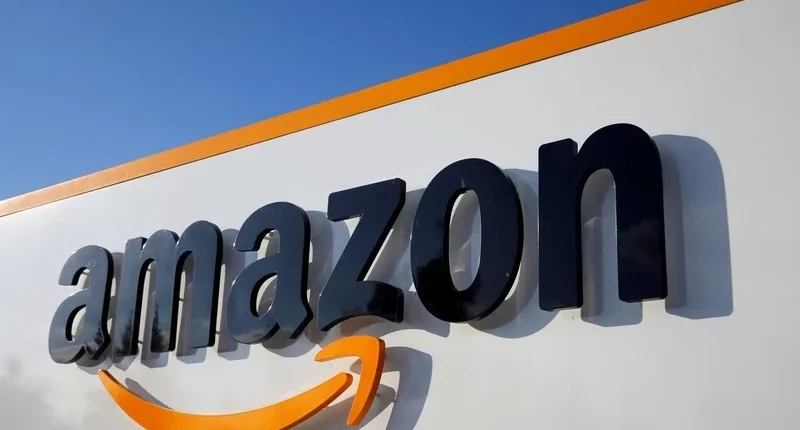The New York Times Company has reached a multi-year licensing agreement with Amazon, allowing the company to integrate the storied news organization’s editorial content across its AI platforms. This deal marks the Times’ first generative AI-focused licensing arrangement.
Under the terms of the agreement, Amazon will license editorial content from The New York Times, its culinary platform NYT Cooking, and its sports news outlet The Athletic. This content will be utilized in various Amazon customer experiences, including real-time display of summaries and short excerpts within the e-commerce titan’s products and services. In fact, the deal also permits Amazon to use The Times’ content for training its proprietary foundation models, a core function of generative AI. Danielle Rhoades Ha, a spokesperson for the New York Times, commented that “Whenever it makes sense within the consumer experience on Amazon’s products, they will provide direct links to Times products, where readers can get the full Times experience.” This could boost the accuracy, nuance, and reliability of Amazon’s AI models.
The agreement’s financial terms were not disclosed. However, Meredith Kopit Levien, CEO of The New York Times Company, conveyed in a memo to staff that the deal “is consistent with our long-held principle that high-quality journalism is worth paying for. It aligns with our deliberate approach to ensuring that our work is valued appropriately, whether through commercial deals or through the enforcement of our intellectual property rights.”
The deal with Amazon comes over a year after The New York Times filed a high-profile lawsuit against Microsoft and OpenAI in December 2023, accusing them of copyright infringement. The lawsuit alleged that these companies abused The Times’ intellectual property by “copying and using millions” of its articles to train their large language models without consent or compensation, thereby depriving the publication of potential subscription, licensing, advertising, and affiliate revenue.
Both Microsoft and OpenAI had sought dismissal of some critical elements of the case, only for a judge to rule, in March, that the core elements of the lawsuit could proceed. The Times is not alone in its legal battles; other news organizations, including the New York Daily News and the Center for Investigative Reporting, have also pursued litigation against AI developers for similar copyright violations. Similar lawsuits have also being filed in countries other than the US, such as in India and Europe.
This development comes at a time when a growing number of news outlets have opted to strike licensing deals with AI companies rather than pursue litigation. Publishers such as The Atlantic, News Corp, The Guardian, Axel Springer, Hearst, Time, Condé Nast, and Vox Media (parent company of The Verge) have all entered into similar agreements with OpenAI. The Washington Post, owned by Amazon founder Jeff Bezos, also recently formed a “strategic partnership” with OpenAI. Similarly, Amazon has been actively expanding its generative AI offerings in recent months to compete with major players like OpenAI and Google. The company introduced Alexa+, an AI-upgraded version of its voice assistant, in February. Other generative AI products from Amazon include its Nova models, Trainium chips for AI training, a shopping chatbot, and Bedrock, a marketplace for third-party AI models.
The Tech Portal is published by Blue Box Media Private Limited. Our investors have no influence over our reporting. Read our full Ownership and Funding Disclosure →






